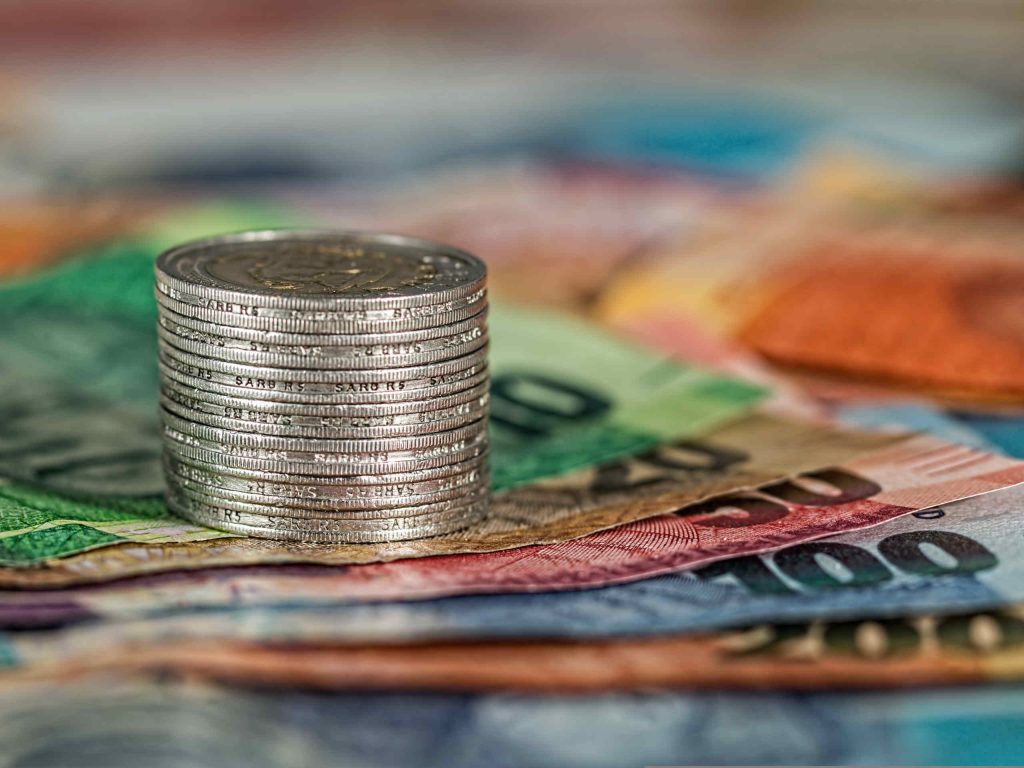The Falkensteiner hotel group in Carinthia, Austria, is taking a risk: in future, guests will be required to add a fixed tip amount to their bill.
In the US hospitality industry, tips are part of the wage. There, these monetary amounts are not just a supplement, but an important part of income – the wages themselves are so low that they are not enough. This is precisely why the voluntary nature of tips is removed as a matter of course and a separate item is deducted as a tip directly from the bill.
In Austria, the situation is somewhat different. Tipping is still a contentious issue. How much is an appropriate tip? How is tipping handled and who is actually entitled to it? These questions have long preoccupied the hotel and restaurant industry. Even though tipping is not a real salary component in Austria, it remains attractive, especially as it is tax-free. Now the international model is also being introduced in Austria: The Falkensteiner Hotel Group (FMTG), which is represented in almost all of Austria, is now introducing a fixed tip in some hotels.
The reason for this pilot project is obvious: where it used to be easy to hand over a few euros in cash, this is no longer the case in the age of card and cell phone payments. Guests often do without or simply forget to do so. At the expense of employees. The aim is for staff to receive more tips again in future so that guests can pay them easily.
According to the company, guests will be informed in detail about this model before their arrival and then again at check-in and will be able to decline it. This means that no one is apparently forced to pay. Guests can also change the amount at any time according to their own wishes. According to the hotel, the experience has been extremely positive: over 80 percent are positive about the change and often give more than the 10 euros per room and night.
A tip of around 10 percent should be added to the bill. In recent years in particular, this percentage has decreased more and more on average. Practice shows that the higher the bill, the lower the tip has become. The higher the costs, the further customers move away from the ten percent tip that used to be customary.
It also looks sad for various food delivery companies. In the meantime, the bill is almost exclusively paid in advance by credit card or instant bank transfer. Here, too, this is at the expense of the delivery staff, who are then left empty-handed when it comes to tips. The question of how much to tip should be answered with at least one or two euros.

From gut health to alcohol-free enjoyment, from AI-supported shopping planning to viral food hypes: Austrian online supermarket Gurkerl.at sees four megatrends that will permanently change the food and beverage industry in 2026. Head buyer Nina Gerhardt explains why consumption is no longer just about price and availability – but about lifestyle, well-being, and digital intelligence.
When culinary excellence becomes an ecological statement—and top chefs take responsibility: Sustainability doesn’t end with packaging—it begins with product selection. This is impressively demonstrated by the Relais & Châteaux association, which, with over 580 member establishments, is considered the world’s largest gourmet community. Together with the NGO Ethic Ocean, it has launched an initiative that could not be more consistent: its chefs are committed to removing endangered fish and seafood species from their menus until stocks have recovered.


The Falkensteiner hotel group in Carinthia, Austria, is taking a risk: in future, guests will be required to add a fixed tip amount to their bill.
In the US hospitality industry, tips are part of the wage. There, these monetary amounts are not just a supplement, but an important part of income – the wages themselves are so low that they are not enough. This is precisely why the voluntary nature of tips is removed as a matter of course and a separate item is deducted as a tip directly from the bill.